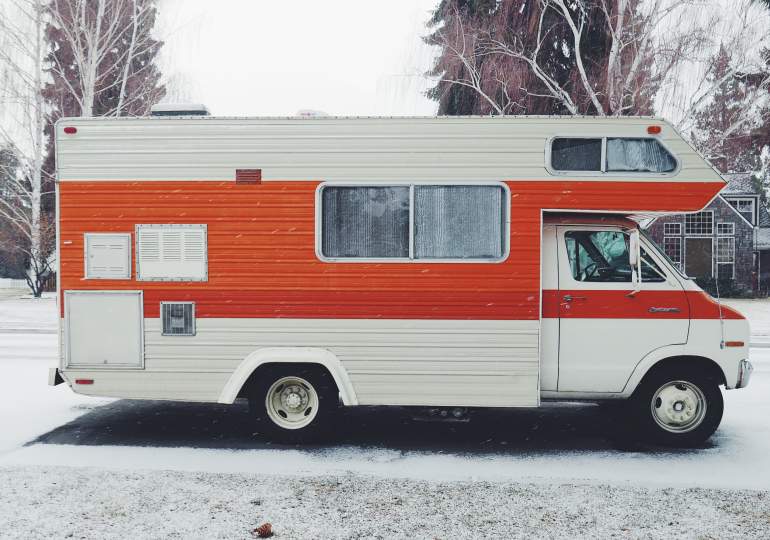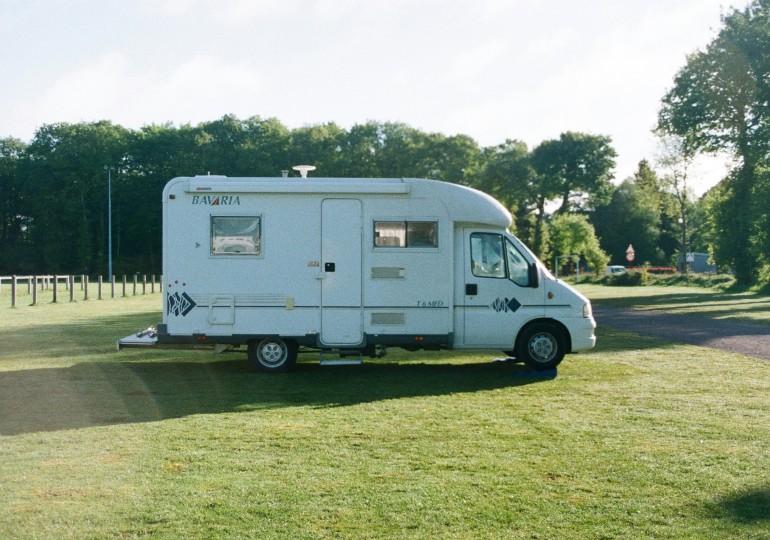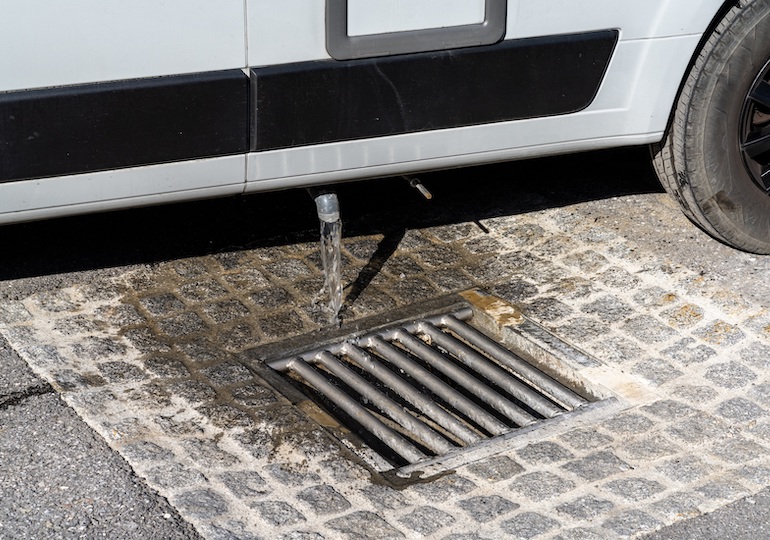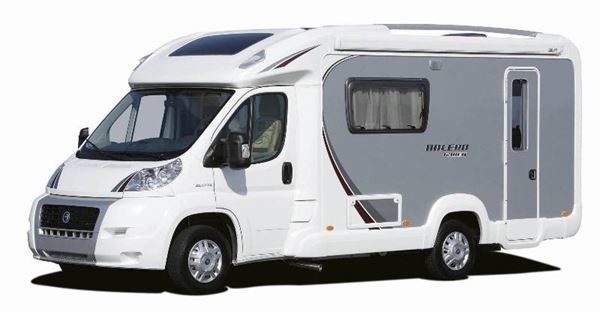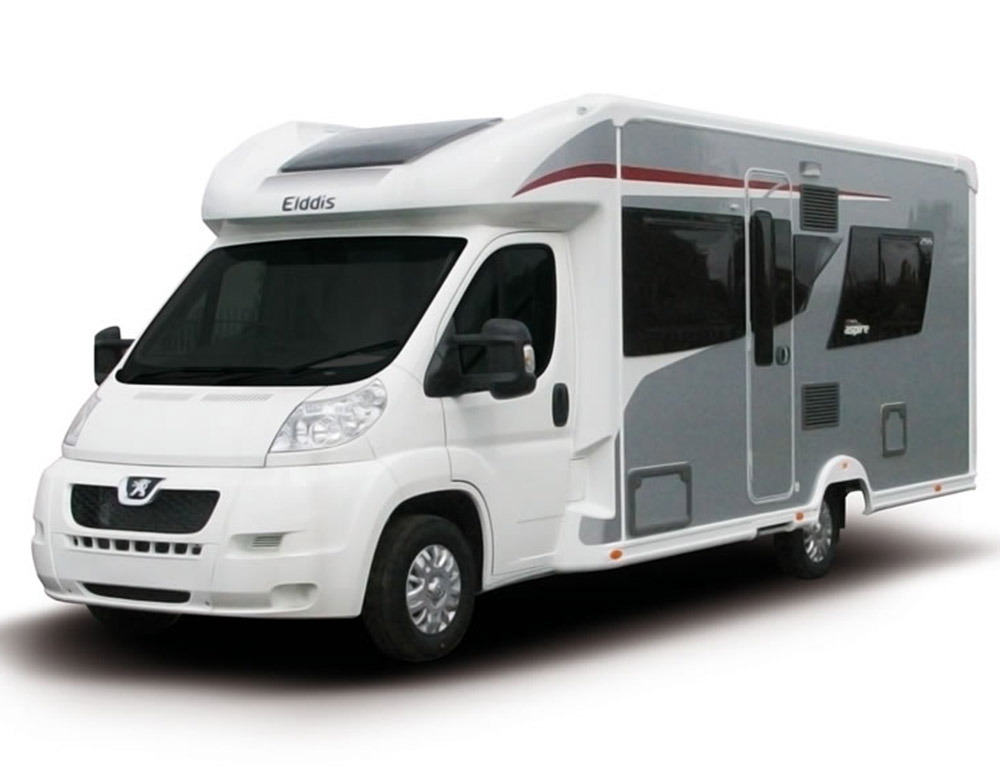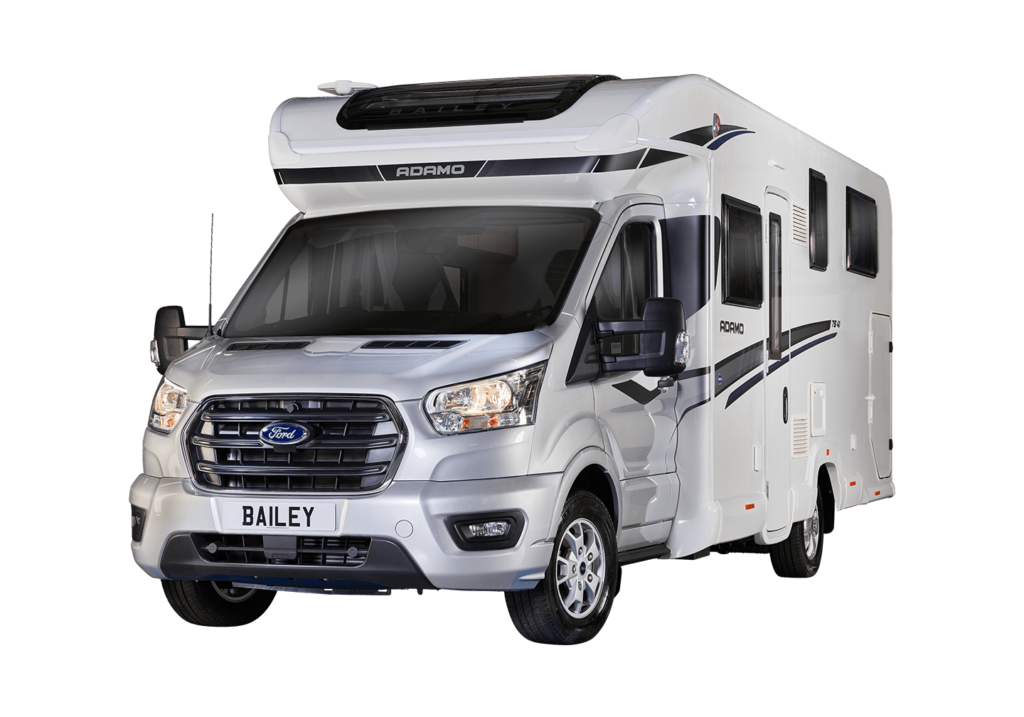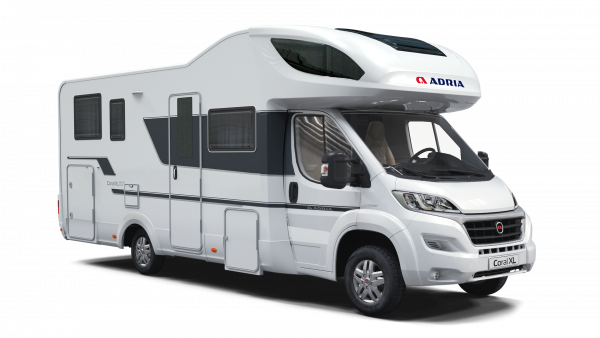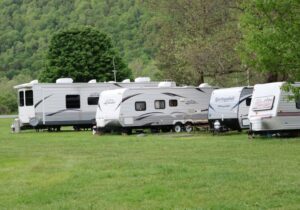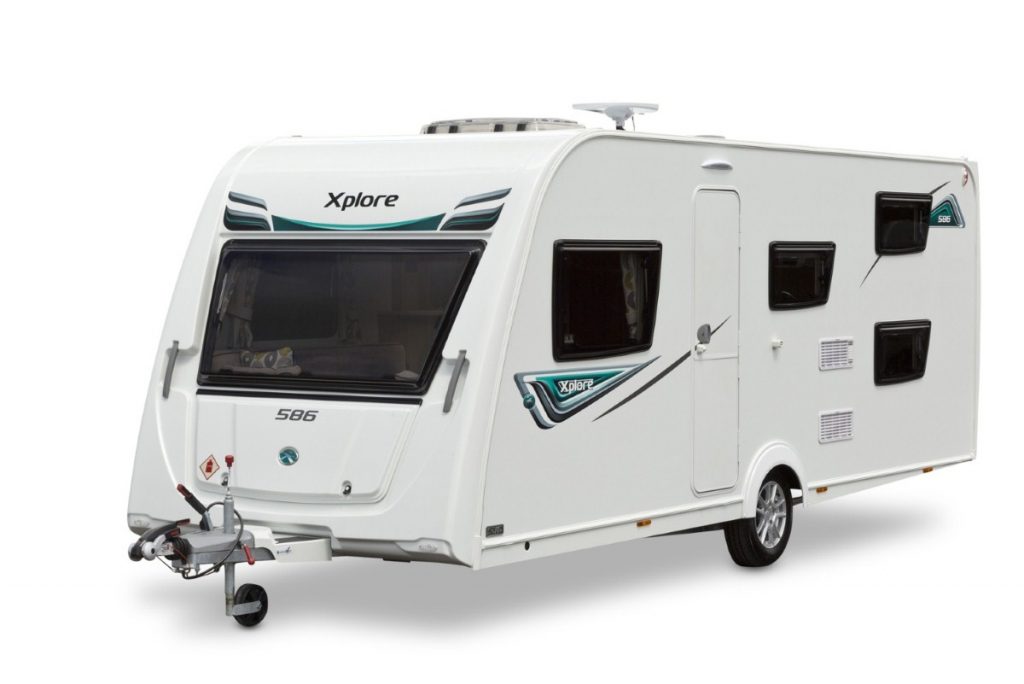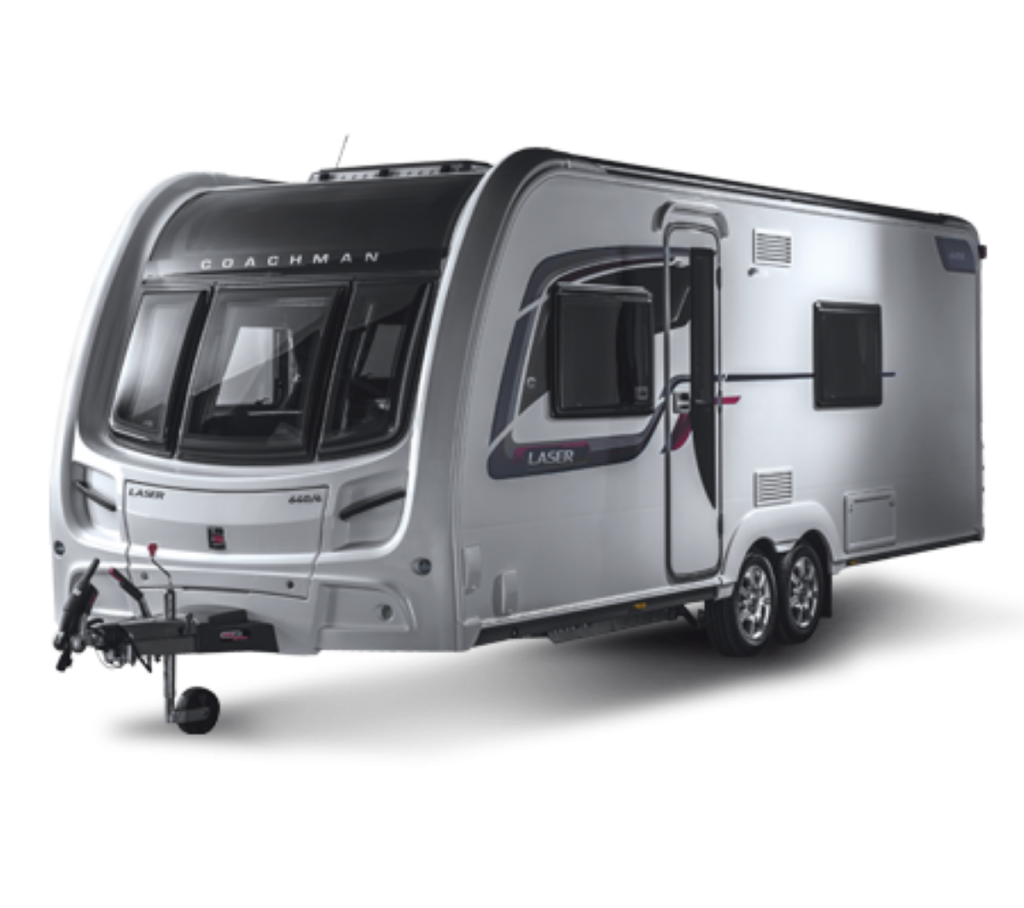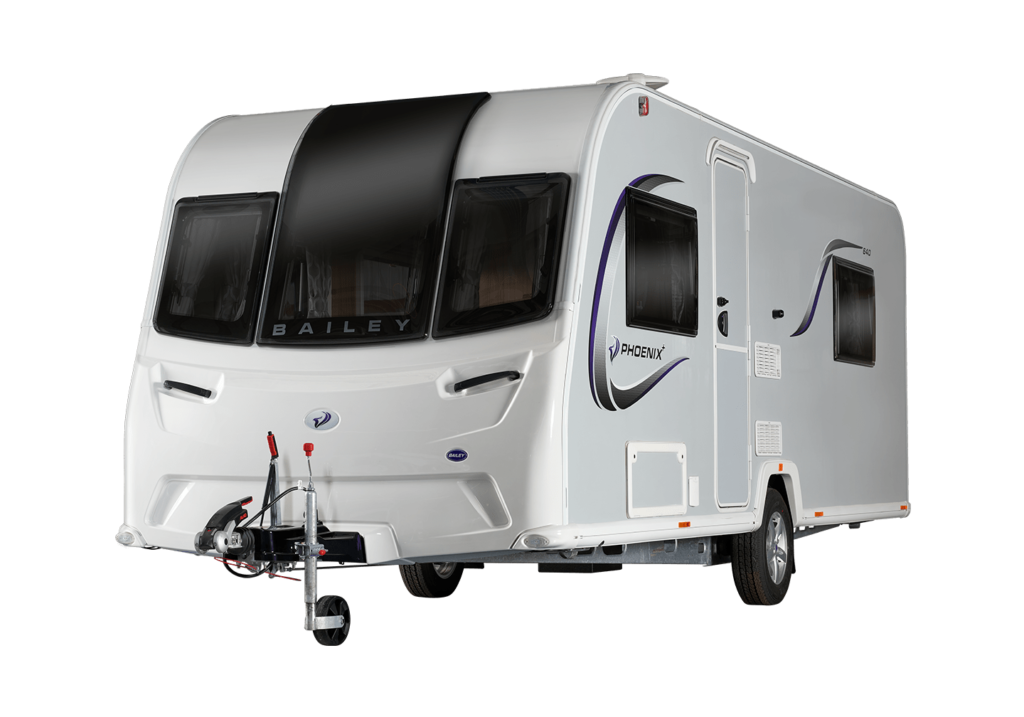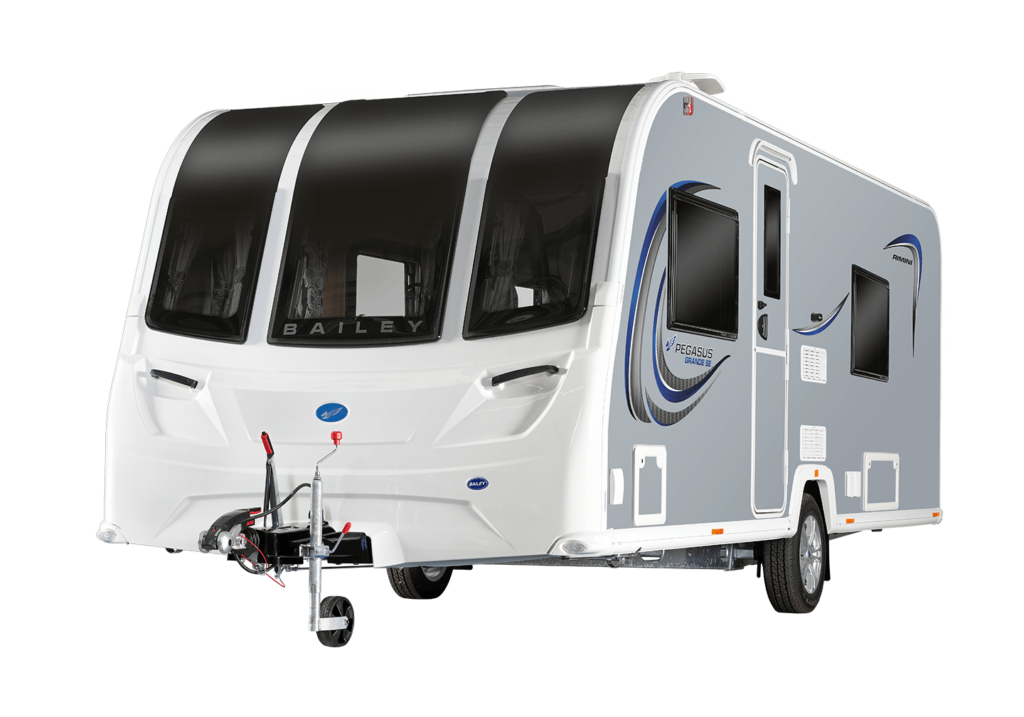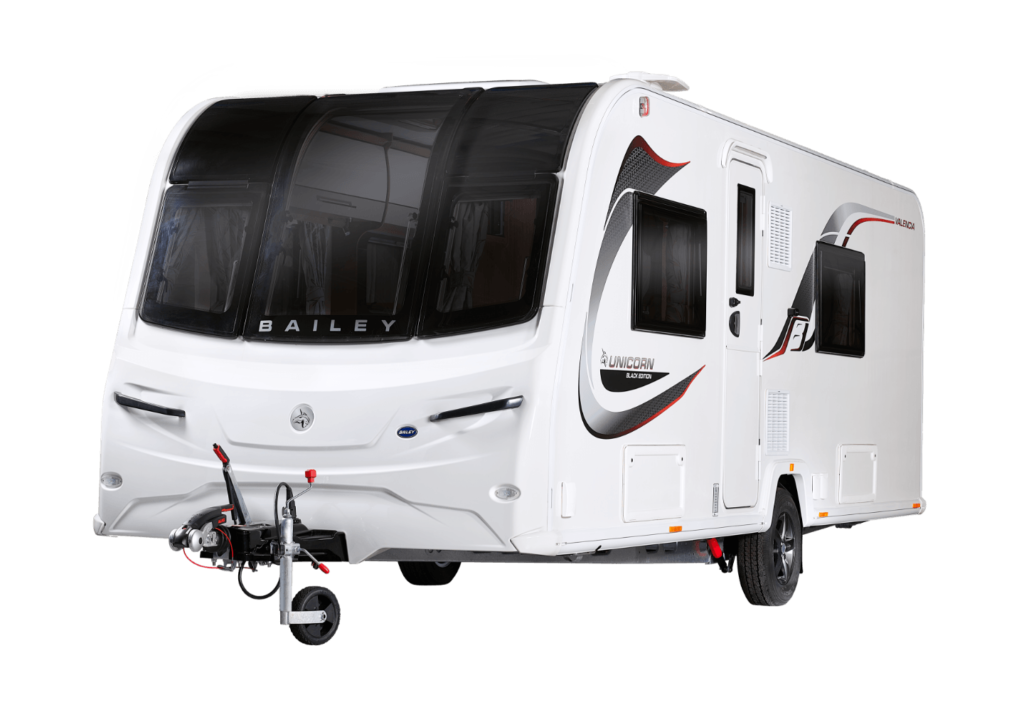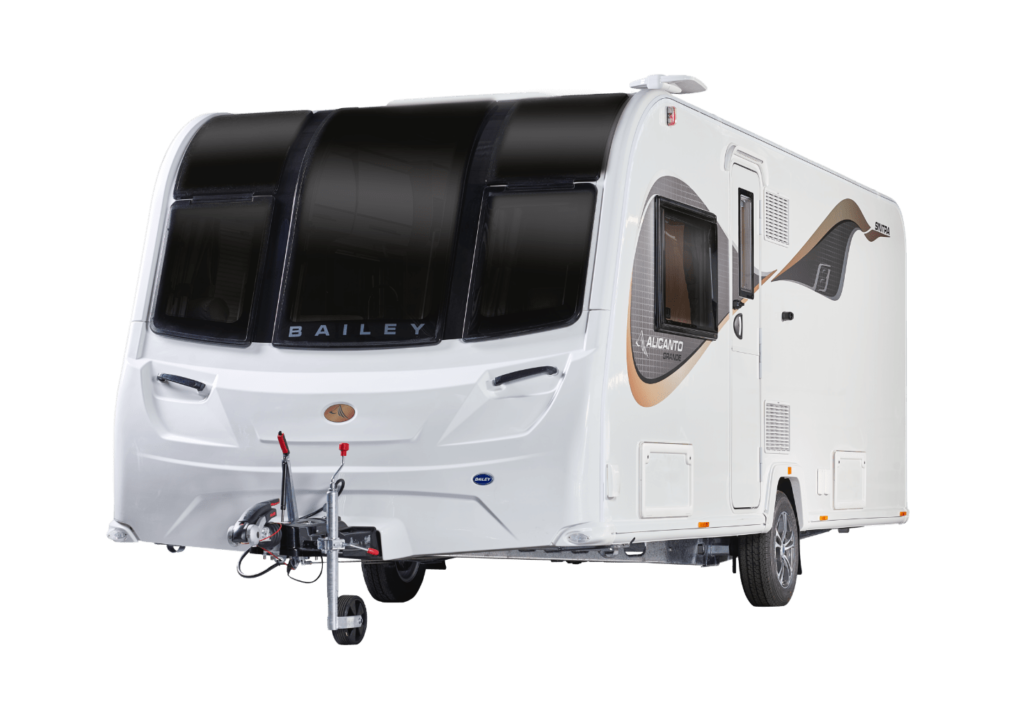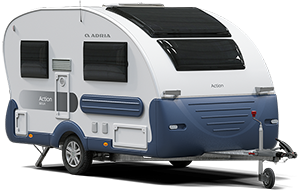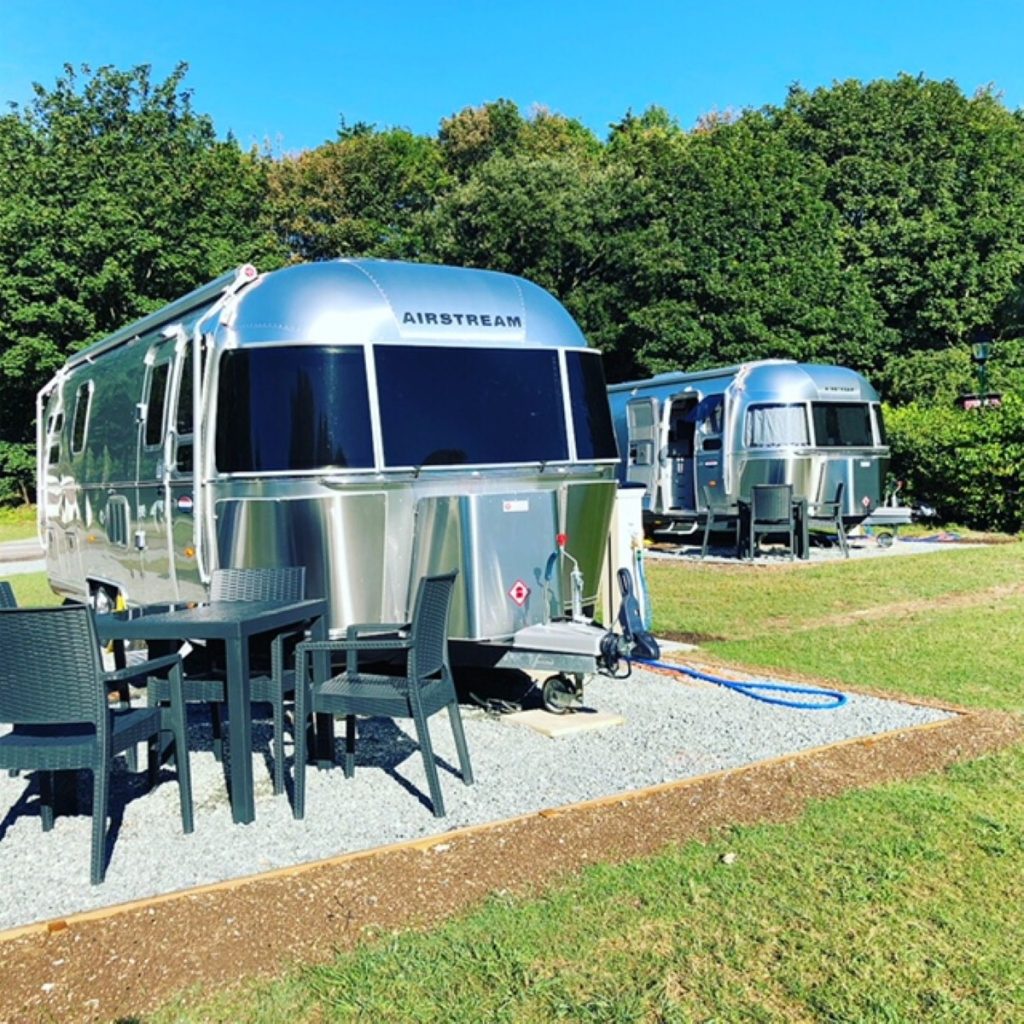Winter is on its way and after a 400 per cent increase in searches for ‘which motorhome to buy’ over the last year, there’s a good chance some owners will be meeting the colder season with a leisure vehicle for the first time.
While the winter months aren’t usually when people think about their motorhomes, how you treat them at this time of year will determine their condition when you get back to holidaying come the spring.
In order to get the best out of your motorhome year round, comparethemarket.com has put together a list of things to consider when winterproofing your leisure vehicle.
Pay attention to insulation in older models
If you’ve bought a brand new motorhome, then all your insulation requirements should be taken care of, but in older models, there may be areas where it’s lacking.
These include the compartments around your water tanks and waste systems; panels around the windows; the roof and floor, where heat can easily escape.
Fit winter tyres
Anyone planning to continue using their motorhome throughout the winter months must ensure it’s safe to do so and one measure is to fit winter tyres.
They may seem like a big expense, but when looked after properly they can be used year after year, and they help with steering control, acceleration on slippery surfaces and reducing stopping distances in bad weather.
Drain your water system
Before putting your motorhome into storage for the winter, be sure to drain your water system, as it could have serious implications if the liquid inside freezes.
This is easily done by opening the valves or taps. You may also wish to remove any built-in water filters that have a tendency to freeze too. Replacing them in the spring will ensure everything is in good working condition.
Avoid condensation build-up
Protecting your soft furnishings from condensation while in storage is important, so decide on a strategy that works for your circumstances.
This could be storing the cushions indoors, but not everyone has the space to do so. If that’s you, then wrap them in cotton sheets and strategically place moisture-absorbing crystals around your motorhome.
Disconnect the gas
All storage facilities have policies on gas, so find out what yours is if you’re going to be using a specialist site.
Either way, you should turn off and disconnect the gas if your motorhome isn’t going to be in use and store the gas bottles in a safe and secure location until you need them again.
Move your motorhome
If at all possible, it’s a good idea to move your motorhome periodically over the winter months. This has a number of benefits, including preventing its workings from seizing up and ensuring there are no unforeseen issues with it.
Another important reason to drive your motorhome is that this will turn the wheels and ensure the whole weight of your vehicle isn’t sitting on the same spot on your tyres for months.
Photo credit: Unsplash/Frankie

